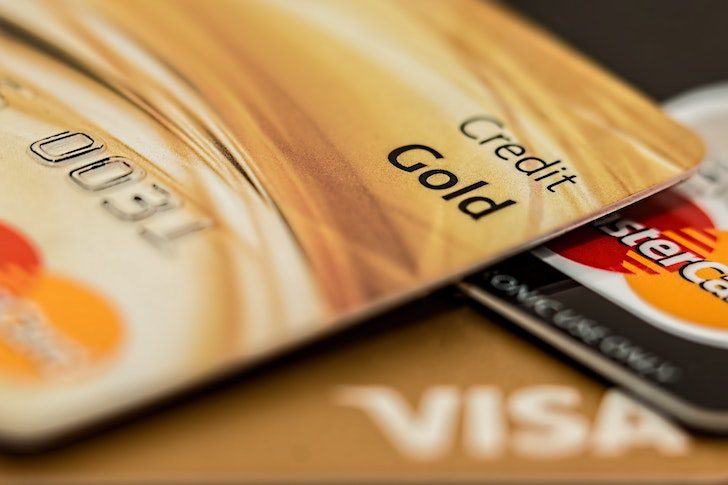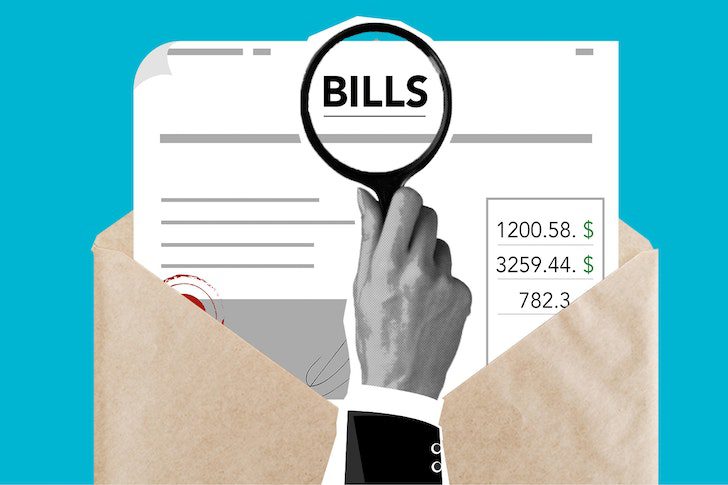The global financial crisis has made things worse for people in America. In New York, the number of Americans with bank accounts fell to a record low in 2021. However, as the economy is improving, more and more Americans are being dragged into the traditional financial system. A report was issued by the Federal Deposit Insurance Corp. that revealed 4.5% of Americans, who account for 5.9 million households, didn’t have a bank account in 2021. That’s the lowest level recorded since the FDIC started keeping records in 2009.

Reasons For Increase In Unbanked households.
The increase in unbanked households may be attributed to the coronavirus. During this period, the states and federal governments gave trillions of dollars to locals as the economy shut down in march 2020 after the covid-19. The benefit programs needed bank accounts to transfer funds quickly to the affected people.
FDIC chairman Martin J. Gruenberg said that during the pandemic, consumers immediately opened bank accounts to benefit from the relief funds and other benefits. According to the FDIC, improvements in the number of people opening bank accounts occurred after the pandemic restrictions were finished, and the unemployment rate was also low.

Although the figures are improving, Hispanic and black households most likely do not have a bank. Around 11.3% of black households were recorded to be without a bank account, a number that was 13.8% two years before. For Hispanic households, the rate is 9.3% compared to 12.2% previously. The primary reason for remaining unbanked has remained unchanged, which is the lack of money to maintain an account.
According to FDIC’s data collected in 2011, the number of unbanked households rose significantly due to the Great Recession. On the other hand, Americans kept their bank accounts during the pandemic, but there is a chance that the number of unbanked Americans will increase amidst increasing inflation and unemployment.

Some households had privacy and trust issues related to banks. The reason being most companies, such as Amazon, track consumer usage data through credit card usage to use it to their advantage. Having a bank account is crucial for many other uses other than the traditional ones, which is why policymakers encourage unbaked households to open checking or savings accounts. Rent payments, utility bill payments, and check cashing services become difficult as the person has to pay an additional fee to clear the dues. A person with a bank account is not entitled to pay that fee.
New immigrants and refugees also remain unbanked. A case manager with Community Refugee Immigration Services in Columbus, Juhuma Acharya, said that there had been a rise in complaints against businesses that don’t accept cash. He also added that he has never worked with a refugee in his life who owned a bank account. Clients usually need a minimum of five months to build enough money to start an account. Acharya said he tries to educate his clients on how to build a debit card and use Electronic Benefits, Transfer Cards.
